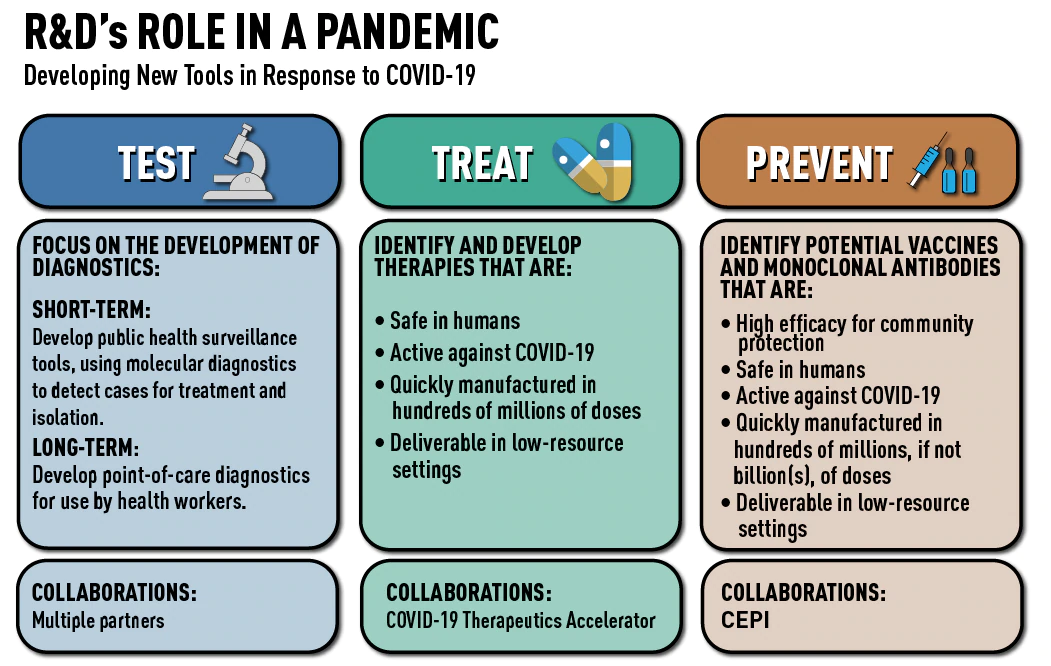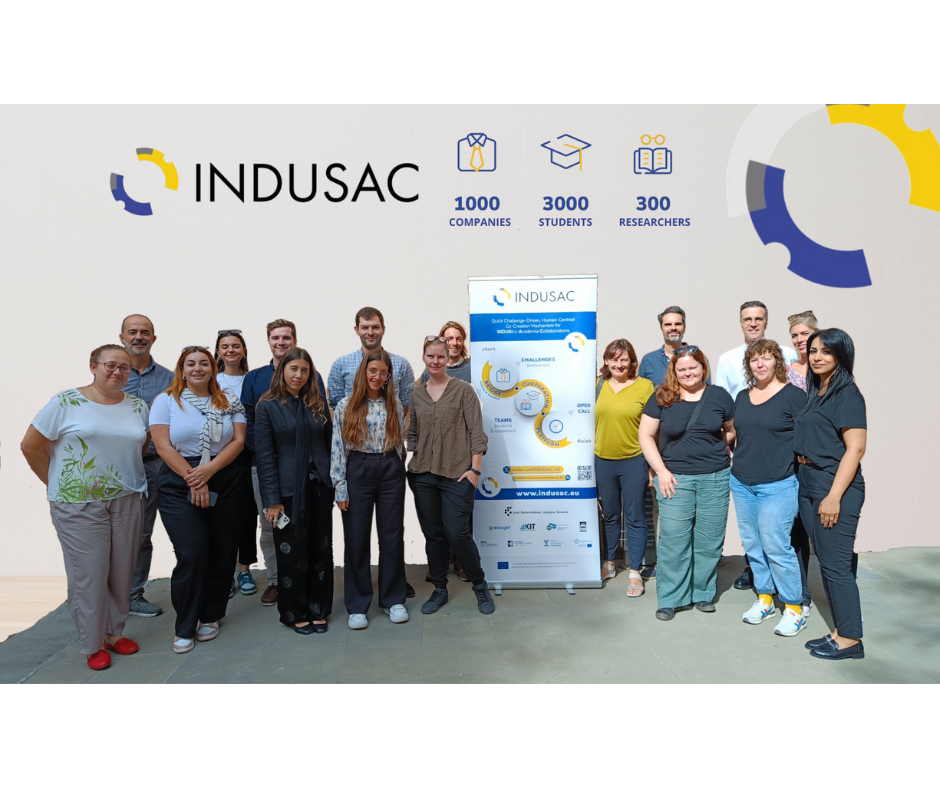---
This article was originally published by Mark Suzman on the digital media gatesfoundation.org. The article has been replicated on Innoget's Innovation Blog by Innoget's Editorial Staff for information purposes.
---
The first time I ever wrote about global health was an article on the looming AIDS crisis in my native South Africa. My piece for the Johannesburg Star in 1991 reported dire predictions from experts about the potential of an epidemic. A major cause for pessimism was that, back then, HIV/AIDS could not be prevented or treated medically.
The same was true of the outbreaks of SARS in 2002, MERS in 2012, Ebola in 2014, and Zika in 2016. It is also the case with the previously unknown coronavirus, COVID-19, which has now reached more than 100,000 cases worldwide.
Any disease which threatens lives is disturbing, but one for which there is no treatment is especially alarming. And, as we’ve already seen with COVID-19, countries and communities bear immense human, economic, and social costs. At the Bill & Melinda Gates Foundation, we’re committed to doing everything we can to ease that burden, especially for the world’s poorest people who are often hardest hit by epidemics and their aftermath.
That is why today, we are joining forces with Wellcome and Mastercard to beef up our response—backed by $125 million in both new funding and money already earmarked to tackle this epidemic. The money will be used to identify potential treatments for COVID-19, accelerate their development, and prepare for the manufacture of millions of doses for use worldwide. The expertise of pharmaceutical companies will be critical to this endeavor, named the COVID-19 Therapeutics Accelerator.
Epidemics introduce a paradox to the world. Viruses like COVID-19 spread rapidly but developing vaccines and treatments to stop them moves slowly. If we want to make people, particularly the most vulnerable, safer from outbreaks then we need to find a way to unwind this paradox: to speed up R&D and slow down the spread.
The only way to treat a viral infection, such as COVID-19, is with antiviral drugs. Right now, we can only treat the symptoms since there simply aren’t antiviral medications that can treat a range of conditions in the same way that antibiotics do for bacterial infections. This is where we believe we can help by partnering with private and philanthropic enterprises to lower the financial risk and technical barriers for biotech and pharmaceutical companies developing antivirals for COVID-19.
We’re optimistic about the progress that will be made with this new approach because we’ve seen what can come of similar co-operation and coordination in other parts of our work to combat epidemics.
 The best way to prevent an infectious disease is with a vaccine. And in 2017, the Coalition for Epidemic Preparedness Innovations (CEPI) was created with nearly $650 million from Germany, Japan, Norway, Wellcome, and our foundation. Since then, others have come on board, including the UK, Canada, Ethiopia, Australia, Belgium, and the European Commission, to dramatically reduce the time it takes to develop vaccines for emerging epidemics, and ensure they are accessible, available, and affordable. The speed with which companies have begun working on a vaccine for COVID-19 is a result, in part, of CEPI.
The best way to prevent an infectious disease is with a vaccine. And in 2017, the Coalition for Epidemic Preparedness Innovations (CEPI) was created with nearly $650 million from Germany, Japan, Norway, Wellcome, and our foundation. Since then, others have come on board, including the UK, Canada, Ethiopia, Australia, Belgium, and the European Commission, to dramatically reduce the time it takes to develop vaccines for emerging epidemics, and ensure they are accessible, available, and affordable. The speed with which companies have begun working on a vaccine for COVID-19 is a result, in part, of CEPI.
Ultimately, our goal with the COVID-19 Therapeutics Accelerator is to do for treatment what CEPI does for vaccines. That requires governments, private enterprise, and philanthropic organizations to act urgently to fund innovation for drugs that can be developed, mass-produced and delivered rapidly.
As Bill Gates points out in his article for the New England Journal of Medicine, primary health care systems, which can monitor disease patterns and act as an early warning system, also need to be strengthened. And the world should invest in disease surveillance, including a case database that is instantly accessible to relevant organizations.
The Johannesburg Star was my very first job in journalism and I am proud of my article. I still have a copy of it. What I remember most is that it was headlined Aids spectre must be tackled –but for various reasons nothing happened for a long time. It would be unforgivable to make the same mistake with this epidemic. The need to act with urgency is critical. I’m fortunate to lead an organization that has the financial resources, technical experience and expertise, and the convening power to do just that.
---
Keep up to date on Innoget's initiative to beat Covid-19 by following the dedicated channel where new innovation needs, novel technologies, news, and events are posted daily.





